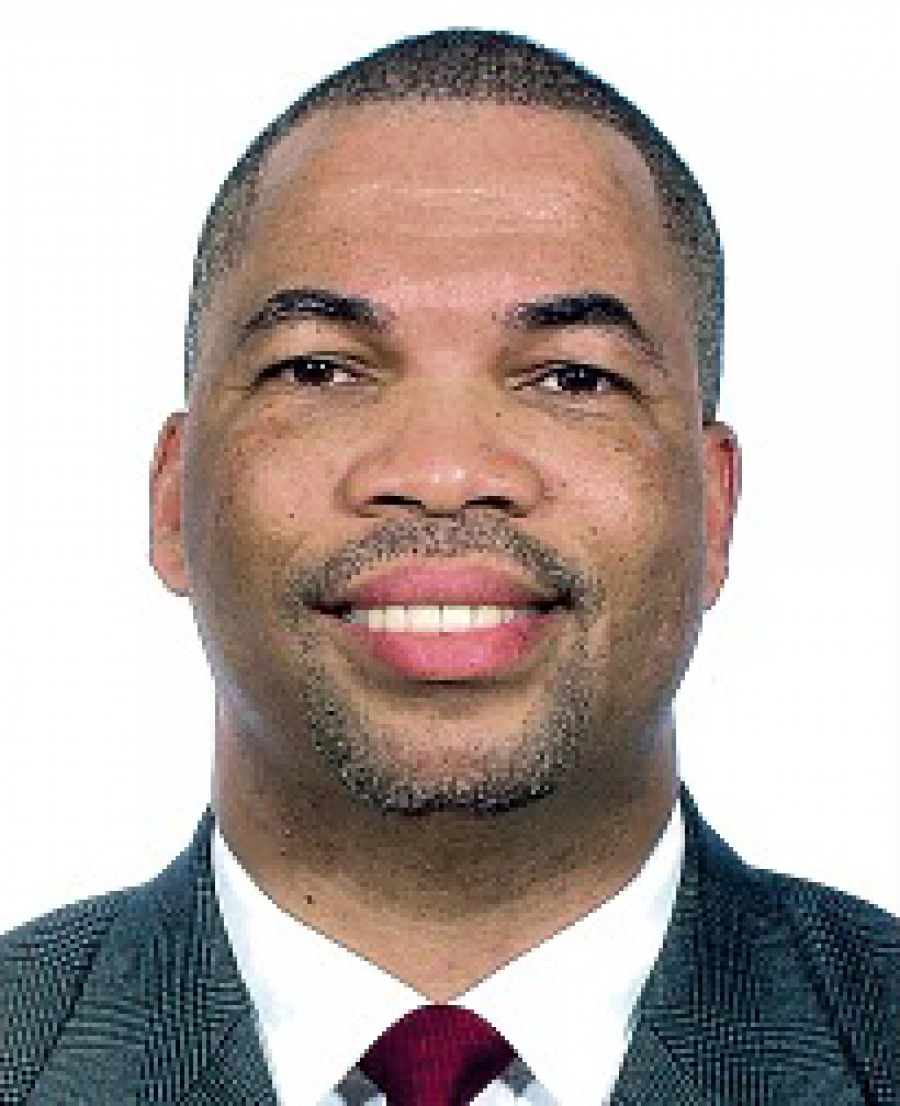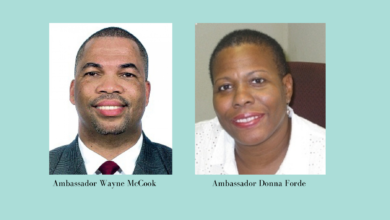- Ms. Sonia Gill, Secretary-General, Caribbean Broadcasting Union (CBU)
- Ms. Nazima Raghubir, President, Association of Caribbean Media Workers (ACM)
- Mr. Titus Preville, Programme Manager CARICOM Single Market and Mr. Salas Hamilton our CSME Communications Lead, and colleagues from the CARICOM Secretariat.
- Participants of today’s session

Good morning to you all and welcome to this very important activity which was initiated by the CSME Unit of the CARICOM Secretariat.
I recognize our partners in today’s session: the Caribbean Broadcasting Union and the Association of Caribbean Media Workers.
We share a history of successful collaboration including several training activities for the media, executed together on Regional Integration and the CSME.
We recall when training meant travel and convening separate workshops for Newspaper Editors and Broadcasters. Technology has transformed the media and convergence has blurred – some might say erased – the lines between traditional media genres.
Technology has also made it possible for increased engagements and participation through virtual or hybrid means.
This is my first time engaging you in a new capacity as Assistant Secretary-General with responsibility for the CARICOM Single Market and Trade and it will not be the last.
As a former regulator and media practitioner from many moons ago, I appreciate the unique role of the media in making our publics more informed, more aware and more engaged in matters that affect our lives.
Together with my colleagues in our CSME Office I value the unique relationship between the CARICOM Secretariat and regional media workers and operators.
Indeed, media workers are one of the original five agreed categories of persons within the Free Movement of Skills regime.
This recognizes the interconnectedness of regional media institutions and practitioners and demonstrates how the media has been seen as critical to the promise of the CSME from its inception.
The CSME establishes the platform for a single economic space in which the region can maximise its potential for economic growth and sustainable development and respond more effectively to global competition.
Its importance has been magnified in the face of the health, social and economic challenges occasioned by the Covid-19 pandemic and the economic fall-out from a major conflict that you report in tragic detail from day to day.
These challenges can be faced most effectively when national and regional responses are coordinated to ensure optimal results for the people of the Community.
The CSME is not a panacea, like all human initiatives it is imperfect and has faced acknowledged implementation challenges and setbacks that many of you have highlighted.
There can however be no question that the CSME and regional integration initiatives have made a difference in our region, thousands of jobs are sustained by trade in goods and services in the CSME, lives have been saved and livelihoods restored through functional cooperation driven by regional institutions such as CDEMA and CARPHA. Many fields including journalism are being enriched by the movement of skilled CARICOM nationals across the region.
I urge you our colleagues in the media to shine a light on the CSME as it is and help illuminate the path to what it must become. This you can do by incisive and insightful reporting and analysis that elevates our discourse, promotes the search for solutions and makes examples of our successes.
Inspired and enlightened media is key for accelerating awareness of the CSME and driving the implementation of regional initiatives.
Enhanced information flows, people to people engagement and regional and national consultations are vital components in our push for enhanced CSME implementation.
To this end we have also been facilitating training sessions for Border Control Officials, particularly Immigration Officers who are at the frontline of implementation with respect to Free Movement.
It is critical that these officials fully understand the provisions related to movement of Community Nationals.
While the Secretariat continues to receive reports of inconsistent practices at the border there are heightened efforts by Member States to increase training and awareness of the free movement regime among border control officials and the CSME Unit has prioritized these training sessions.
In this regard, the CSME Unit is planning a regional training session for Immigration Officers in May this year. This will, we hope, make a significant difference given the wide impact of a session aimed at officials from all member states.
It is a fact that in many instances, the CSME is judged by the effectiveness of the Free Movement of Persons regime. More importantly, free movement is one of the key promises of the CSME and its effects on regional integration is profound.
I am confident that all of you who are eligible, possess a CARICOM Skills certificate and use it accordingly in applying for, or creating opportunities across the CSME.
I mentioned the impact of technology on journalism earlier on, technology is poised to transform our CSME implementation effort in meaningful ways. We are revamping certain online systems such as the CARICOM Application Processing System (CAPS), Online Companies Registry System and the Community Public Procurement Notice Board aiming to make them more accessible and effective.
The CAPS for example was designed and launched for the online application and verification of the CARICOM Skills Certificate. Its use was quite limited and so it is now being redesigned to make it simpler to use and totally automated.
Now back to the short agenda for today, We look forward to the presentation from our Senior Legal Officer, Gladys, on the Free Movement of CARICOM Nationals and the ensuing discussions, equally to the presentation from Denis as he speaks to news coverage for regional integration matters.
As we look forward to 50th anniversary celebrations of CARICOM in 2023, we also hope that the media will assist in mapping that journey and the significant work our institutions have carried out for the benefit of this Community.
I thank our team and partners for convening this most important training activity. It underlines our appreciation for the important role of the media and the contribution you make to the progress of our region amidst unprecedented shocks and challenges.
Our Secretary General and the entire CCS are committed to an open and transparent engagement with our region and together with our Member States there is no better place to start than with the eyes, ears and voice of our community – the media.
I thank you.



